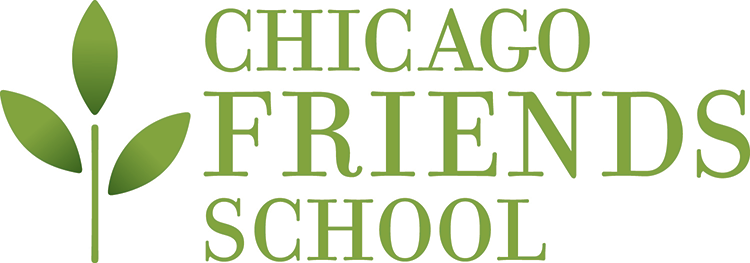Today, I pulled a teacher out into the hall while their class was working independently to check on something, and while we were chatting, one of the students came out with a vocabulary question. This student had encountered a word they were unfamiliar with in something that they were reading, and came out to get it defined by their teacher.
The student asked what the word meant. The teacher asked if they knew a different, similar word. The student said he did know that word, and then the teacher explained how the new word was like and different from the known word. The student said that he understood, and went back to his reading. This is a perfectly normal, unremarkable, school interaction.
The word was “lesbian.” The teacher’s question about a similar word was “do you know the word gay?” and the clarification of difference was “lesbians are two women who love each other.” The student went back to reading. There was no hesitancy, no awkwardness, no judgement, to the exchange. It was just about information. What did that word mean? Answered, the student went back to their assignment.
After witnessing this exchange I took a moment to wonder what it would have been like if we were in one of the many American schools in which the interaction I witnessed is forbidden. How would the student have reacted had I, or his teacher, told him that we couldn’t have defined that word? What kind of curiosity would follow? How would a child have felt about a kind of person whose very mention is forbidden in school? How would they felt upon eventually learning what a lesbian was? How would a child who was gay have felt about their place in the world?
Quakers everywhere seek “that of God in everyone,” which means that we value and welcome the entire person, acknowledging that everyone’s unique personhood is beloved, necessary and welcome. This leads to Quaker commitments to the ideas of equality, integrity and community. We bring our whole selves, and we are as we are, and the rest of the community accepts us as equals. This is the world make at school, and the world we would like to bring about.


Karen Carney
is the head of school. Karen’s career demonstrates a rich and diverse set of skills: project oversight, curriculum development, educator training and mentoring, and classroom instruction. Prior to coming to Chicago Friends School, she worked as a senior specialist in science curriculum for American Institutes for Research. Before this, she oversaw educational programming at the Adler Planetarium, first as its director of education and then as associate vice president for visitor experience and learning. She has also worked in instruction and teacher development at the University of Illinois at Chicago’s Learning Sciences Research Institute and has authored more than 20 scholarly papers, book chapters, and conference presentations.
Karen is an active, dedicated Friend (Quaker) and has held various leadership positions at the Evanston Friends Meeting. She enjoys baking, cooking, and painting and is a member of the Playmation improv comedy team.